Are Burst Pipes a Common Plumbing Emergency?
Burst pipes are a common plumbing emergency that can cause significant damage to your property. Freezing temperatures, aging pipes, and excessive water pressure contribute to their occurrence. Immediate action is crucial to minimise damage. Trust Service First for prompt and expert assistance in handling burst pipe emergencies.
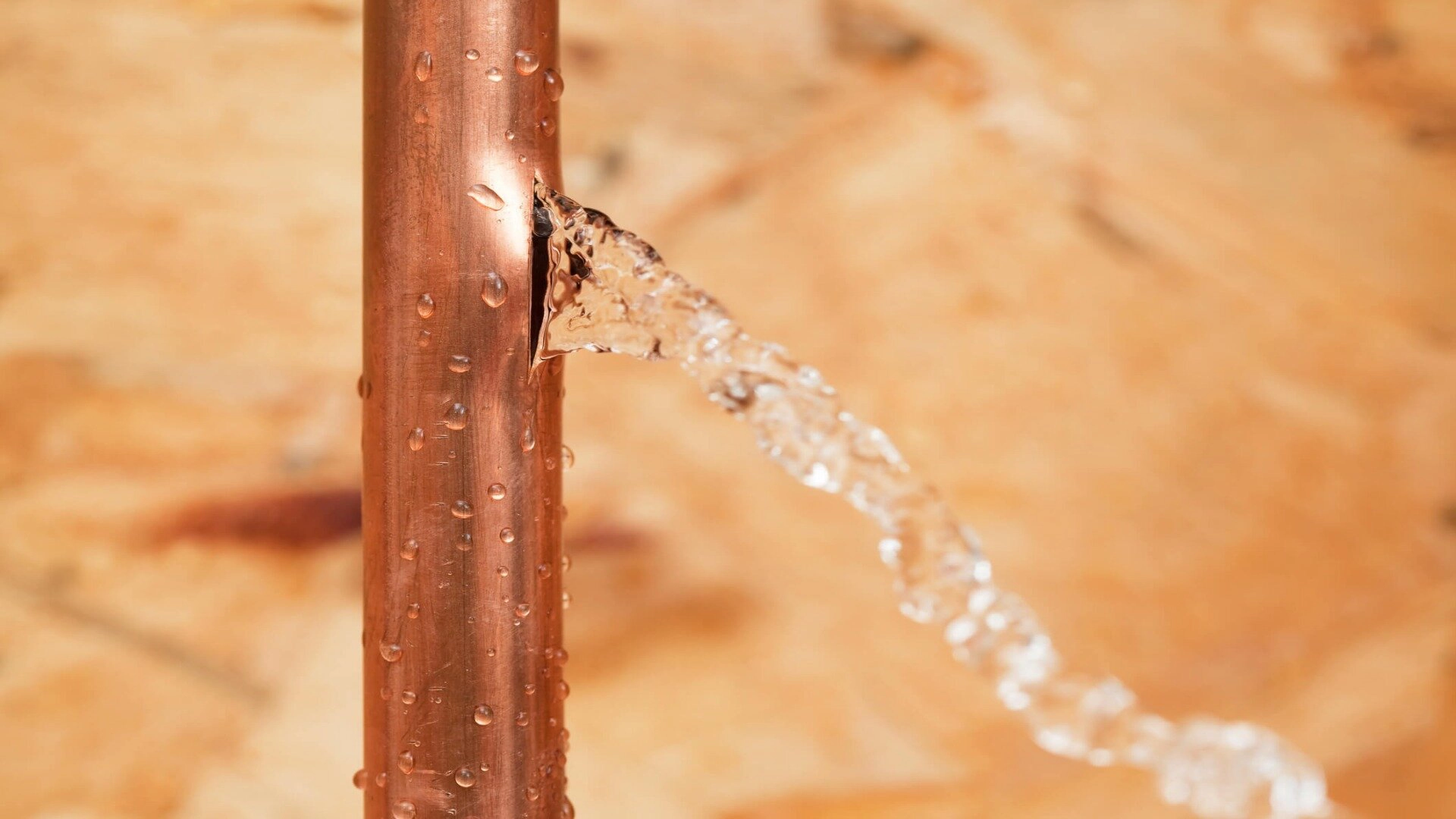
No homeowner wants to walk into a room and find water spewing out of the walls or ceiling from a burst pipe. Unfortunately, dealing with burst pipes is a reasonably typical plumbing emergency , especially during the coldest winter months.
Frigid temperatures can cause pipes to expand and contract, leading to cracks and ruptures. Thankfully, there are some steps you can take to help prevent burst pipes in your home .
In this blog post, we’ll look at what causes pipes to burst in winter and some preventative measures you can put in place. We’ll also provide tips on what to do if you experience a burst pipe, from stopping the water flow to finding and repairing the damage.
A burst pipe can quickly become a flooded mess, but this guide will help you respond promptly and effectively if you ever encounter this typical plumbing emergency . With preventative planning and knowledge of what to do when a pipe bursts, you can minimise water damage and restore order after a burst pipe incident.
Causes of Burst Pipes
The most common cause of burst pipes during winter is freezing temperatures . When water in pipes freezes, it expands, putting pressure on the surrounding pipe, which can cause pipes to crack open.
Pipes that run along exterior walls or in uninsulated areas like attics and crawl spaces are most at risk. These exposed pipes are more vulnerable to freezing temperatures than interior plumbing.
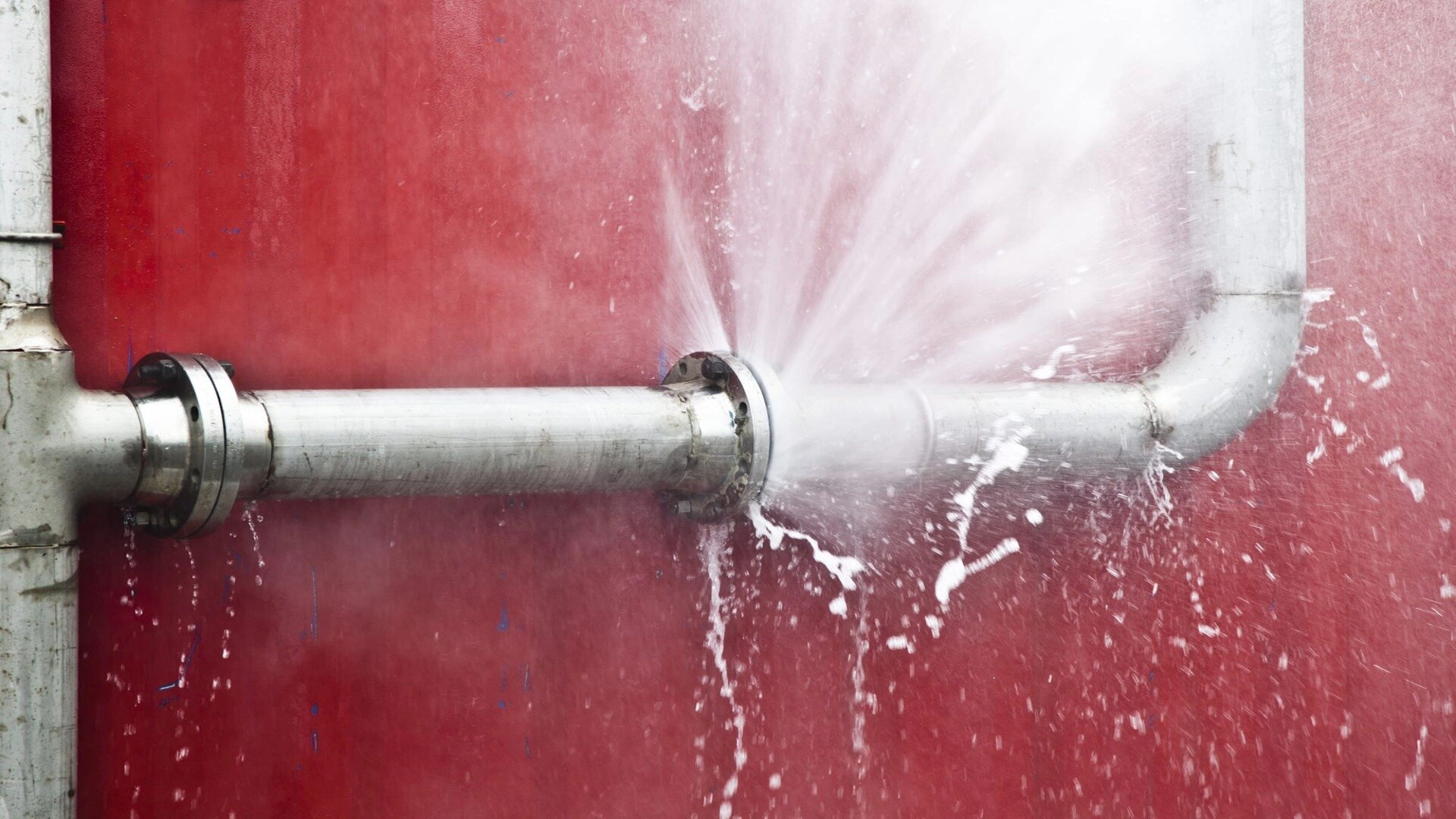
Old galvanised steel pipes are also more likely to burst than copper or PEX pipes , as galvanised steel is rigid and cannot expand along with the freezing water inside. A sudden temperature drop can also lead to bursting as the cold snap shocks the plumbing system. Things like a furnace malfunction or leaving a window open and exposing pipes to frigid air unexpectedly increase bursting risk.
Finally, leaving your house for an extended period without heat but with water flowing can also crack pipes as they freeze. Awareness of these common causes of winter burst pipes can help you take preventative measures.
Factors Influencing the Likelihood of Burst Pipes
Several factors affect the chances of your pipes freezing and bursting in winter. The age of your plumbing system is one consideration, as older pipes are more rupture-prone.
Galvanised steel pipes, in particular, tend to be vulnerable. Insufficient insulation also increases the odds of bursting as exposed pipes have more contact with freezing air. Your home’s layout plays a role, too - pipes in exterior walls or unheated areas like attics are at higher risk.
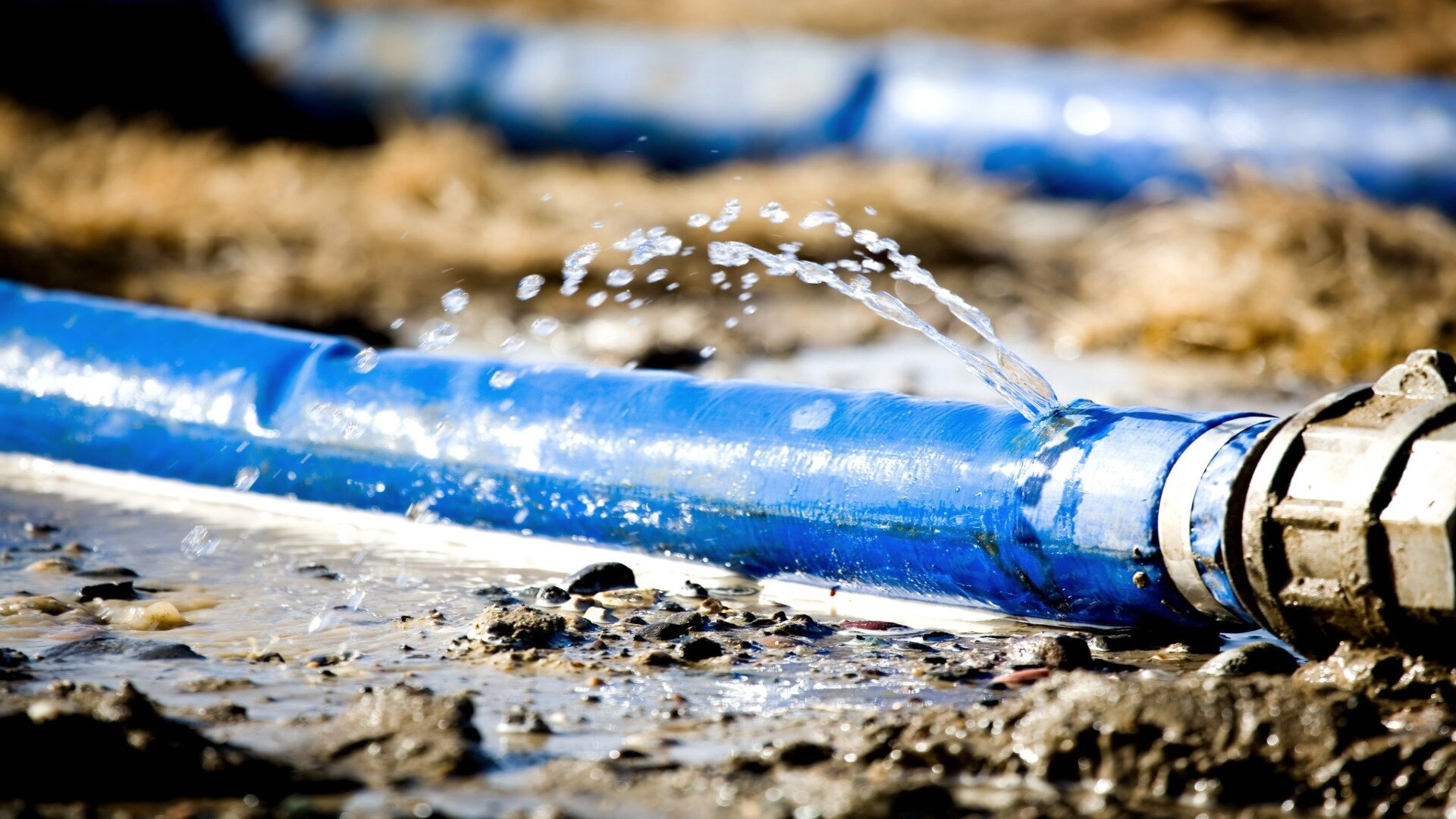
The location of your house also matters . Homes in regions with freezing winters, sudden cold snaps, and fluctuating day-to-night temperatures see more weather-related pipe damage.
Finally, personal habits influence the likelihood of bursting . Going away in winter without proper temperature maintenance may lead to frozen and burst pipes while you’re gone. Awareness of these influencing factors can prompt you to take protective measures against burst pipes in at-risk homes.
The Frequency of Burst Pipes as Plumbing Emergencies
Burst pipes can wreak havoc on a property, leading to significant water damage, disruption, and costly repairs. Understanding the factors that influence the likelihood of burst pipes is crucial for homeowners and property managers to take proactive measures and minimise the risk of such incidents. Several factors can contribute to pipes’ vulnerability and increase the likelihood of bursts. This article will explore six key factors and explain their impact on pipe integrity.
Temperature Fluctuations
Extreme temperature variations can exert significant stress on pipes, making them more susceptible to bursting. When water freezes inside a pipe, it expands, exerting immense pressure on the pipe walls.
This pressure can lead to cracks or complete ruptures. Similarly, rapid temperature changes, such as a sudden drop in temperature after a period of warmth, can cause pipes to contract and expand rapidly, weakening their structural integrity and increasing the chances of bursting.
Age and Material of Pipes
The age and material composition of pipes play a crucial role in their vulnerability to bursting. Ageing pipes are more prone to corrosion, rust, and weakening, making them more likely to develop leaks or burst under pressure. Additionally, materials like older galvanised steel or polybutylene pipes are more susceptible to deterioration and bursts than modern materials like copper or PVC.
Water Pressure
High water pressure can strain pipes excessively, increasing the likelihood of bursts. If the pressure surpasses the recommended levels, it can weaken the pipe walls and joints over time, leading to leaks or catastrophic failures. Poorly regulated municipal water systems or the use of pressure-boosting devices without proper safeguards can contribute to elevated water pressure and pose a risk to the integrity of the pipes.
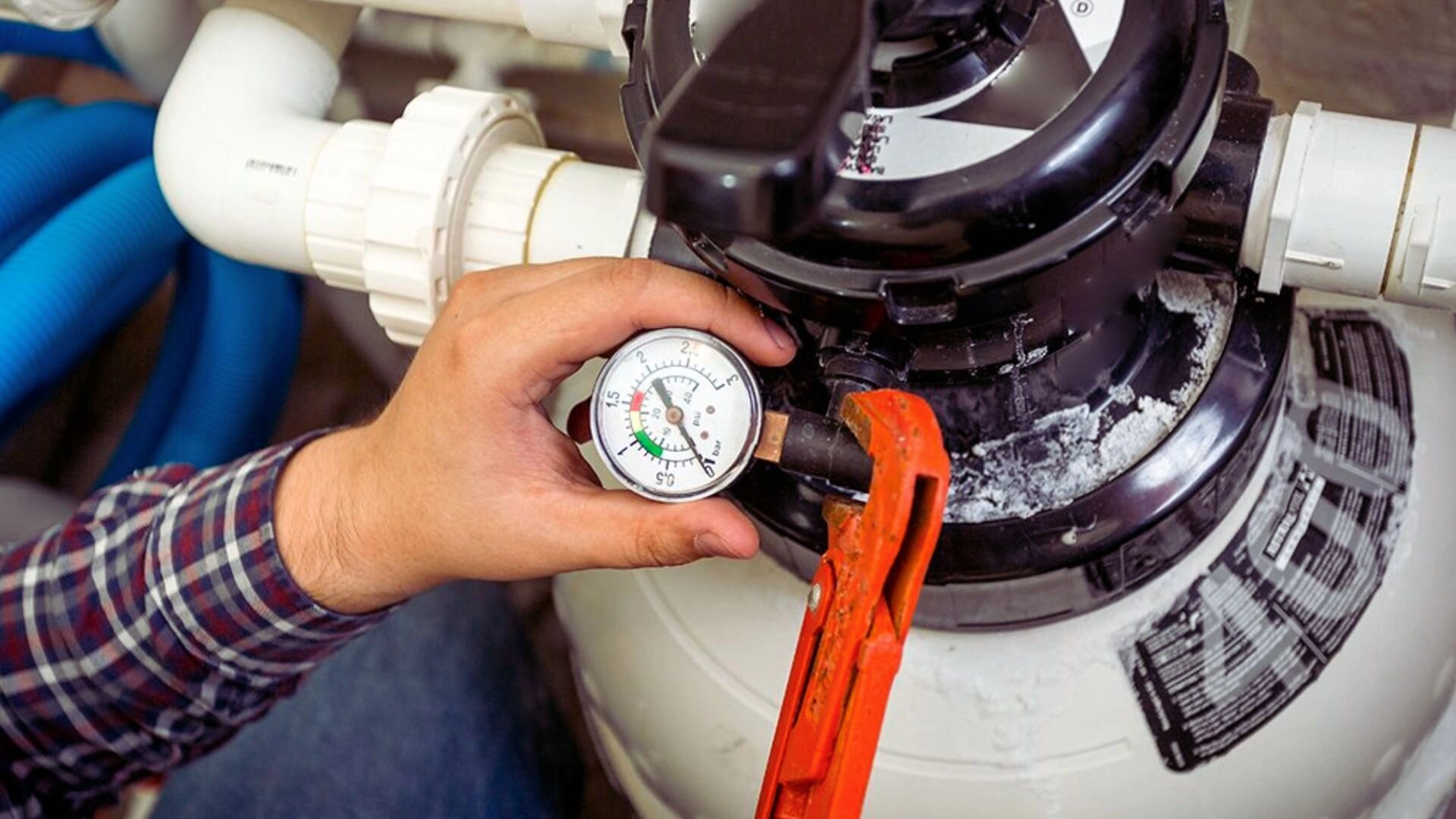
Corrosion and Chemical Reactions
Corrosion caused by chemical reactions between the water and the pipe material can gradually weaken pipes, making them prone to bursting. Factors like the pH level of the water, the presence of minerals, and the quality of the pipe coating or lining can influence the corrosion rate. Aggressive water conditions, such as high acidity or alkalinity, can expedite corrosion, increasing the risk of pipe bursts.
Tree Root Intrusion
The proximity of trees and shrubs to underground pipes can pose a significant threat . Tree roots naturally seek moisture and can infiltrate pipes through small cracks or joints in search of water. As roots grow and expand, they pressure the pipe walls, leading to structural damage and potential bursts. Older clay or concrete pipes are particularly susceptible to root intrusion.
Improper Installation or Maintenance
Faulty installation practices and inadequate maintenance can compromise the durability of pipes, making them more susceptible to bursting. Poorly executed connections, improper pipe supports, or insufficient insulation can weaken the overall system. Additionally, neglecting routine maintenance tasks like leak detection, pipe cleaning, and corrosion prevention can escalate a minor plumbing issue, eventually resulting in burst pipes.
Risks Associated with Burst Pipes
Burst pipes pose several risks that can harm your property and your well-being. The immediate danger is extensive water damage. A burst pipe can release gallons of water per minute, flooding walls, ceilings, and flooring. This water damage can cause structural weakening, mould growth, and costly repairs.
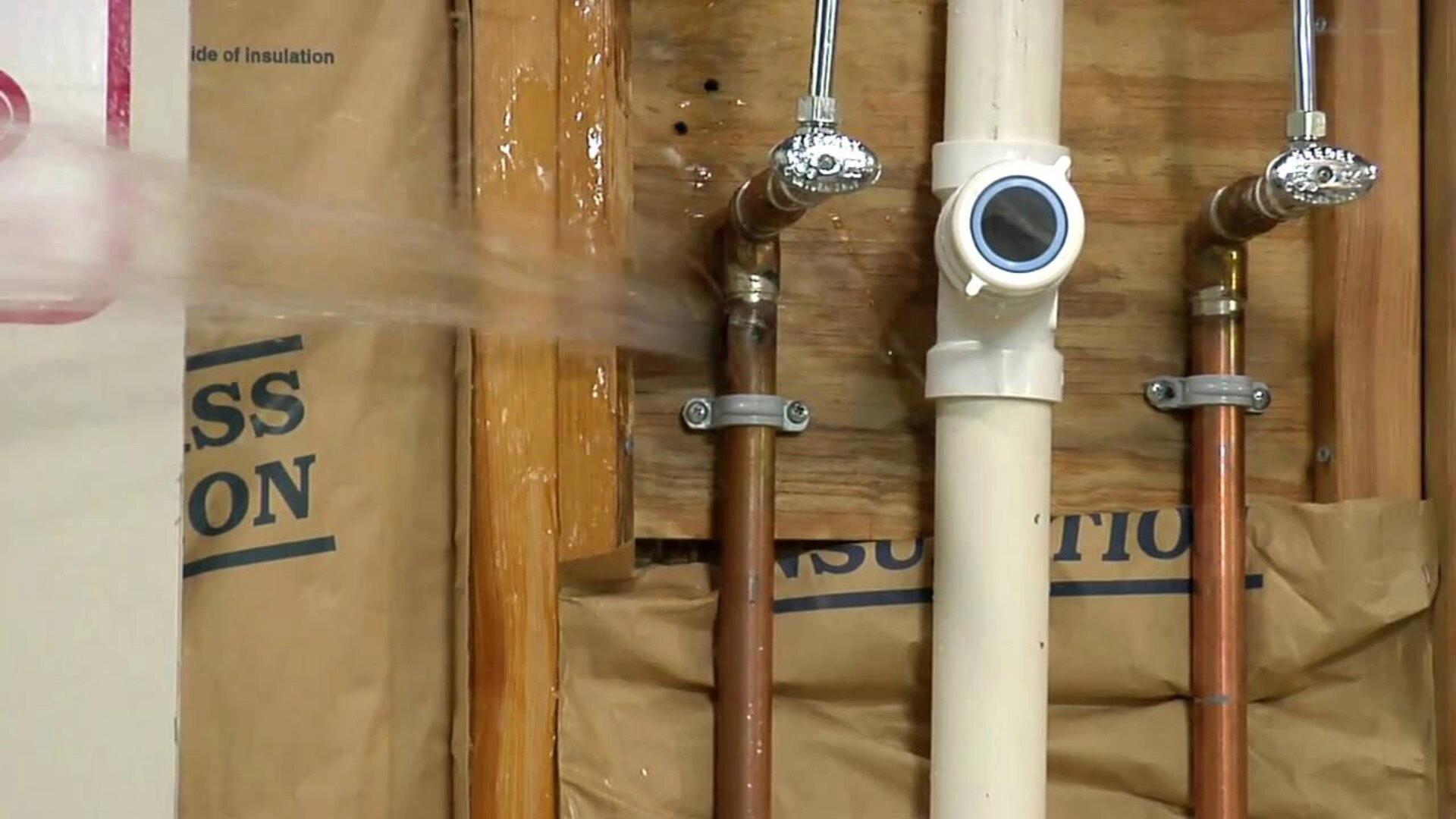
Secondly, burst pipes can disrupt essential services, such as water supply and heating, leaving you without access to necessities. The excess water can also come into contact with electrical systems, increasing the risk of electrical shock or fire hazards.
Lastly, the prolonged presence of water from burst pipes can create an environment conducive to mould and mildew growth, potentially triggering respiratory issues and allergies. Therefore, it is crucial to address burst pipes promptly and seek professional assistance to mitigate these risks and ensure the safety and integrity of your property.
What to Do in Case of a Burst Pipe
Dealing with a burst pipe is a stressful situation that requires immediate attention to minimise water damage and prevent further complications. Plumbing emergencies can often compromise the safety of the occupants in your home (such as a gas leak) or cause significant water damage. Knowing what to do in case of a burst pipe can help homeowners and property occupants take swift and effective action. In this article, we will outline seven crucial steps to follow when faced with a burst pipe, guiding how to mitigate the damage and ensure the safety of individuals and property.
Shut off the Water Supply
The first and most crucial step is to locate and turn off the main water shut-off valve. This valve is typically located near the water meter or where the main water supply enters the building. Shutting off the water supply will stop the water flow and help prevent further flooding, minimising water damage.
Open Faucets and Drains
After shutting off the water supply, open all faucets and drains in the affected area. This will help relieve any remaining pressure in the pipes and facilitate drainage. Opening faucets and drains will also redirect water away from the burst pipe, reducing the amount of water that may seep into walls, floors, or ceilings.
Identify the Source of the Burst
Carefully inspect the area to locate the exact source of the burst pipe. This may involve looking for visible signs of water leakage, such as dripping or spraying water. Identifying the source will assist in determining the severity of the situation and guide subsequent repair efforts.
Turn Off Electricity
If the burst pipe has resulted in significant water leakage near electrical outlets, appliances, or electrical panels, it is crucial to turn off the electricity at the main breaker panel. Water and electricity can be a dangerous combination, so it is essential to prioritise safety and prevent the risk of electrical shocks or fires.
Contain and Remove Water
Use buckets, towels, mops, or a wet or dry vacuum to remove standing water and contain the spread of moisture. Promptly drying the affected areas can help prevent structural damage and mitigate the risk of mould growth. Consider using fans or dehumidifiers to expedite the drying process.
Contact a Professional Plumber
While you may attempt temporary repairs, like using a pipe clamp or wrapping the burst area with rubber or cloth, it is crucial to call an emergency plumber immediately. An emergency plumber will have the expertise to assess the situation, provide proper repairs, and ensure the long-term integrity of the plumbing system.
Document the Damage for Insurance
Take photos or videos of the burst pipe and the resulting water damage as evidence for insurance claims . Documenting the damage can help support your case and facilitate the claims process. Contact your insurance provider to report the incident and seek guidance on the necessary steps to file a claim.
So, Are Burst Pipe Considered a Plumbing Emergency?
The answer is yes. Burst pipes are indeed common plumbing emergencies that homeowners and property occupants often face. Burst pipes can occur due to various factors such as freezing temperatures, aging pipes, excessive water pressure, or accidental damage. A pipe burst can result in significant water leakage, leading to property damage, mould growth, and potential safety hazards.
Burst pipes require immediate attention and professional assistance to minimise the damage and ensure the safety of individuals and property. It is crucial to act swiftly by shutting off the water supply, addressing the source of the burst, and contacting professional plumbers or emergency plumbers to assess and repair the pipe.
When faced with a burst pipe, time is essential, and seeking professional help is necessary. Burst pipes are a common plumbing emergency that can lead to extensive damage if not addressed promptly. At Service First Plumbing , we specialise in handling burst pipe situations with expertise and efficiency.
Our dedicated team of plumbers is available 24/7 to respond to burst pipe emergencies. We prioritise your safety and the protection of your property. Trust us to provide prompt and reliable emergency plumbing services, utilising our skills and experience to minimise damage, restore your plumbing system, and ensure your peace of mind.
when faced with a burst pipe emergency. We are here to help you when you need it the most. Experience the exceptional and professional plumbing services that set us apart. Your satisfaction is our priority.